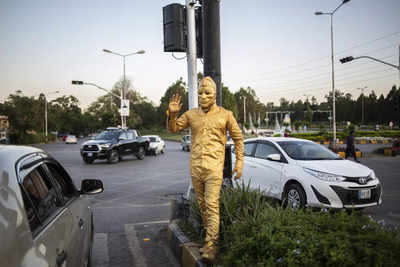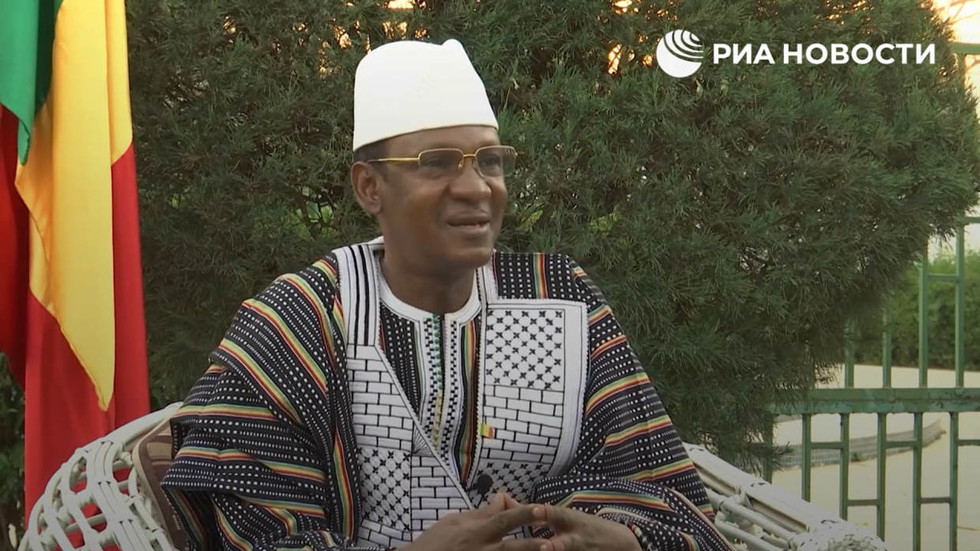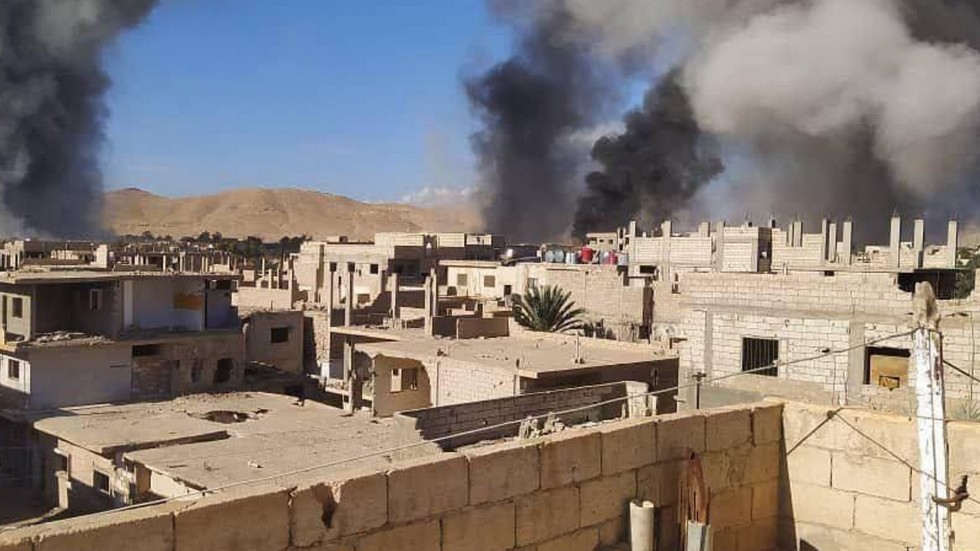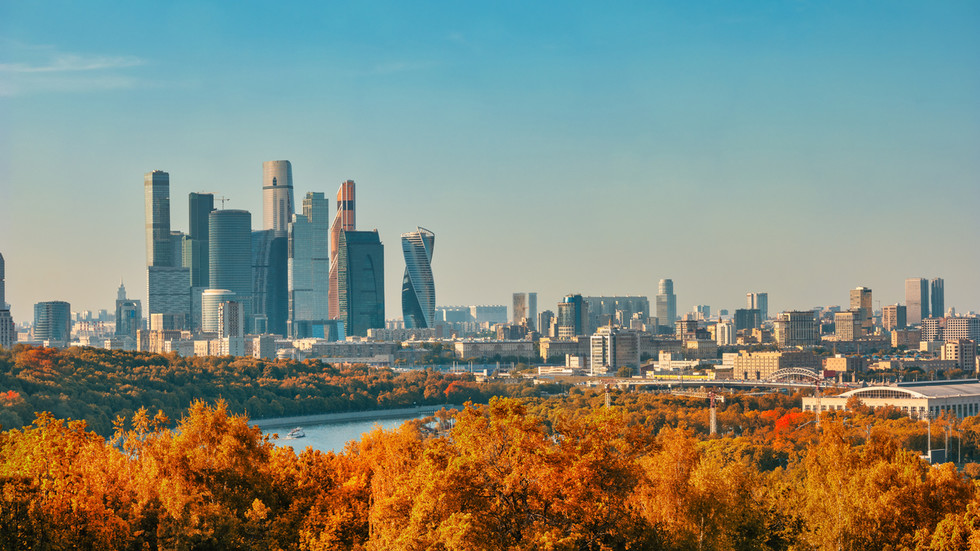
In such a climate, everyone - even street performers - can be seen as potential tools of the state. For most of Pakistan's 76-year history, the surveillance was a routine facet of daily life. But in recent years, frustration with the military's role in politics has exploded. "With the political atmosphere so polarised, we're becoming more suspicious of being watched or who is listening," said Ali Abas, 25, a resident of Islamabad.
ISLAMABAD: The street performers first appeared a few years ago along busy intersections of Islamabad. Coated head to toe in eye-catching gold paint, they stood perfectly still, leaning on glimmering canes and tipping their top hats open. Perhaps in a different place, the emergence of
mimes
on the street looking to earn a few dollars might go unnoticed.
But this is
Pakistan
, where things under the security state often are not as simple as they seem. So as the number of golden performers grew, so, too, did the intrigue around them. Could they be informants for the nation's intelligence agency? Lookouts for powerful politicians? Maybe spies for
CIA
?
Today, the "golden men" of Islamabad have been added to the ranks of the
conspiracy theories
sprouted, knocked down and rehashed every day across the city. In Pakistan, where the hand of the security services is seen everywhere, conspiracy theories have been embraced in the mainstream for decades. Suspicion has become so universal that wild tales take root after almost every news event. In the wake of catastrophic floods in 2010, people asserted that they had been caused by CIA weather-controlling technology. Media pundits claimed that a US "thinktank" was behind a failed car bombing by a Pakistani-American in Times Square that year and that
Osama bin Laden
was actually Jewish.
In such a climate, everyone - even street performers - can be seen as potential tools of the state. For most of Pakistan's 76-year history, the surveillance was a routine facet of daily life. But in recent years, frustration with the military's role in politics has exploded. "With the political atmosphere so polarised, we're becoming more suspicious of being watched or who is listening," said Ali Abas, 25, a resident of Islamabad.
On the other side of the city, Mustaq Ahmed, 53, stood on a median of a busy intersection. His jacket, pants, walking cane and top hat were all spray-painted gold. Gold makeup was caked onto his face and hand. Ahmed once sold umbrellas, but became "Golden Thakur" three years ago after he overheard another golden man saying he made up to Pak Rs 8,000 - or nearly $30 - each day. It was more than five times what Ahmed was taking home. That cash has dwindled recently as the novelty of the golden men has waned, he said. When asked if he would ever supplement his income with a little side work for the intelligence agencies, he immediately replied: "no, no, no." Was there any chance that other golden men were earning a few extra dollars that way? "Maybe," he said with a shrug. "It's Pakistan."

 6 months ago
31
6 months ago
31







